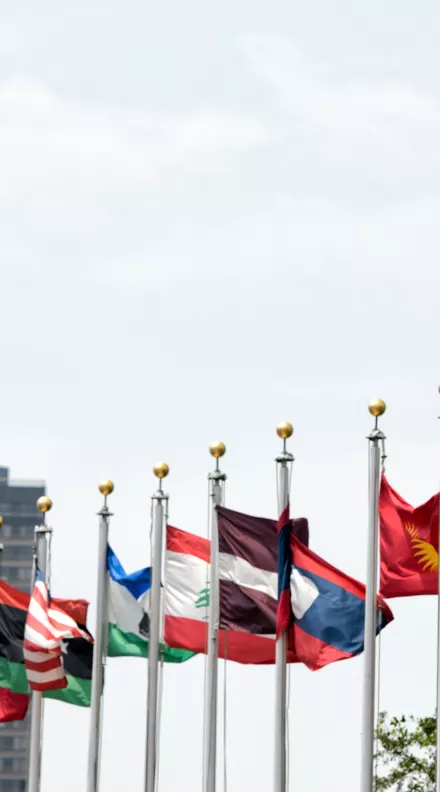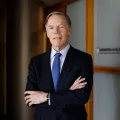
Economic Diplomacy Initiative
-
Principal Investigator

-
Principal Investigator

-
Principal Investigator

-
Principal Investigator

About the Economic Diplomacy Initiative
The Economic Diplomacy Initiative aimed to provide analysis and recommendations to policymakers on challenges at the intersection of economic policy and national security. From traditional economic measures, like trade policy, development aid, and economic sanctions, to emerging challenges, like data privacy and competitiveness in artificial intelligence, the project aimed to advance our understanding of how national leaders should use economic power to pursue both inclusive growth and national security interests.
The initiative, which ran through the Covid 19 pandemic, invesitgated challenges including:
- Negotiating the rules of the international economic order. As economic power shifts from the US to a broader group of economic leaders, how will policymakers set a clear vision for the international economic order, including the agreements, institutions, and infrastructure that facilitate multinational commerce?
- Deploying economic instruments to promote geopolitical interests. How are states using economic instruments – including trade, investment, sanctions, aid, and monetary policy –to achieve national interests? How should policymakers respond to other nations’ use of these instruments?
- Promoting competitiveness in critical economic sectors. In an era of unprecedented global competition, how can policymakers support competitiveness and innovation in critical sectors, such as energy, finance, artificial intelligence, telecommunications, and next-generation commodities?

